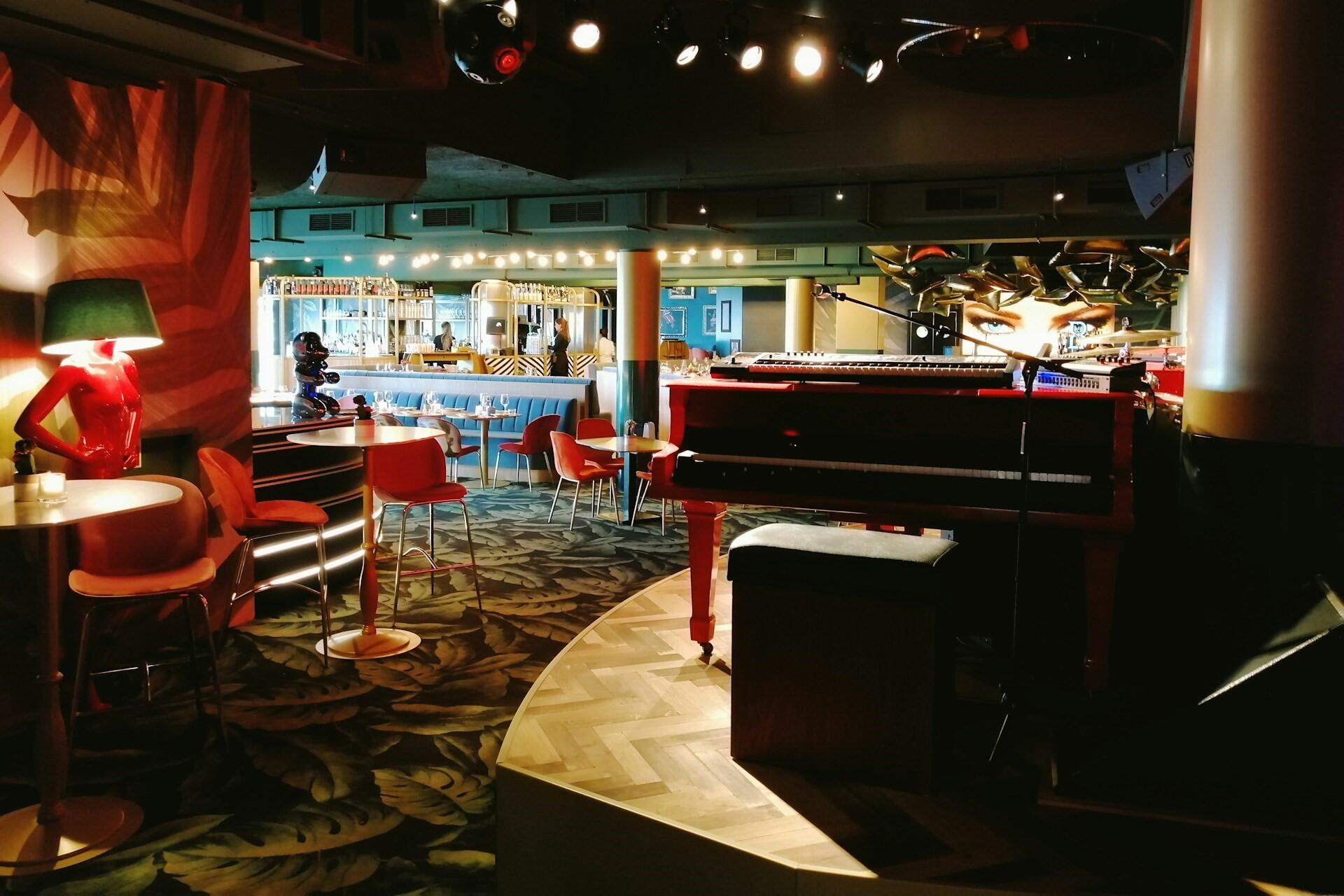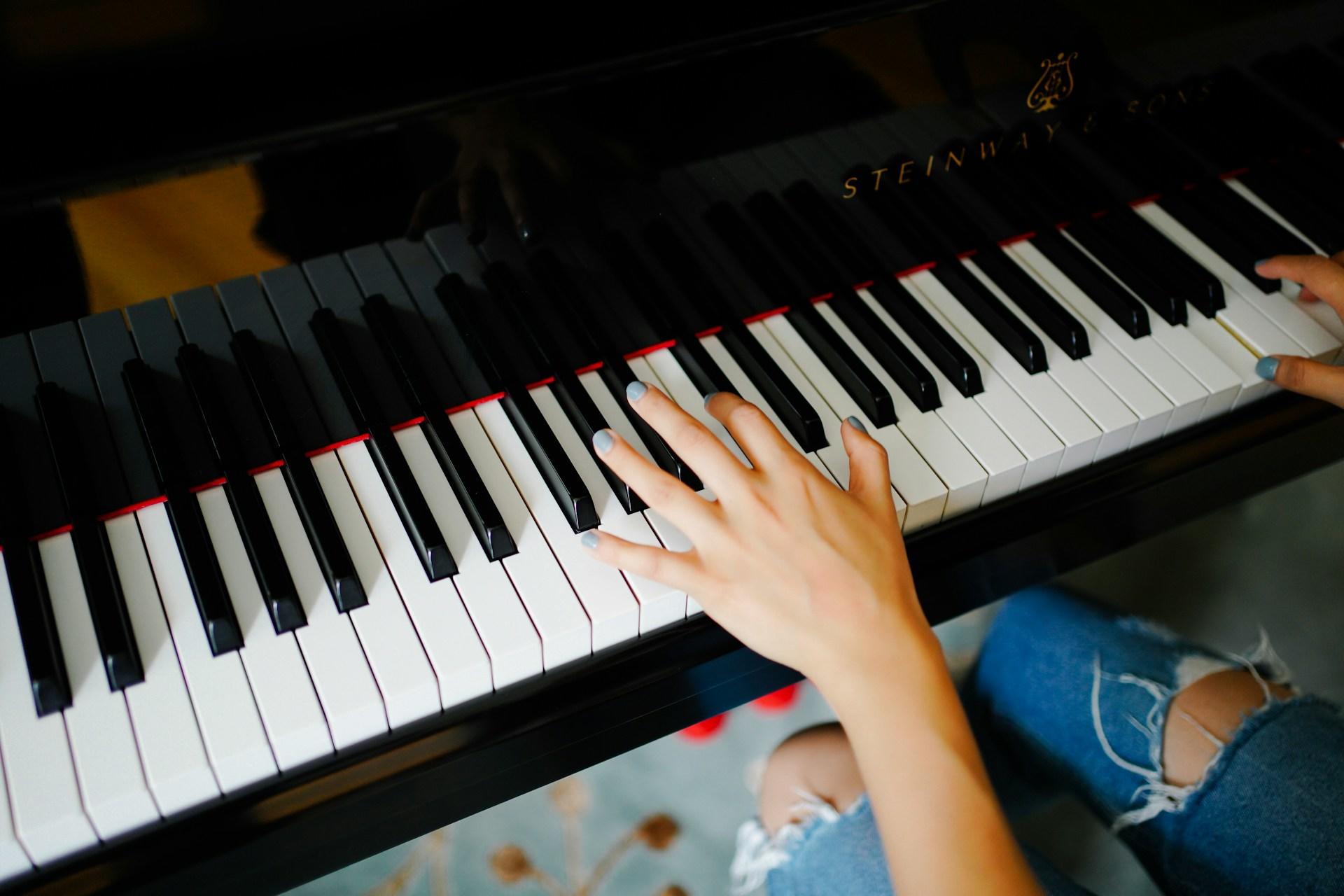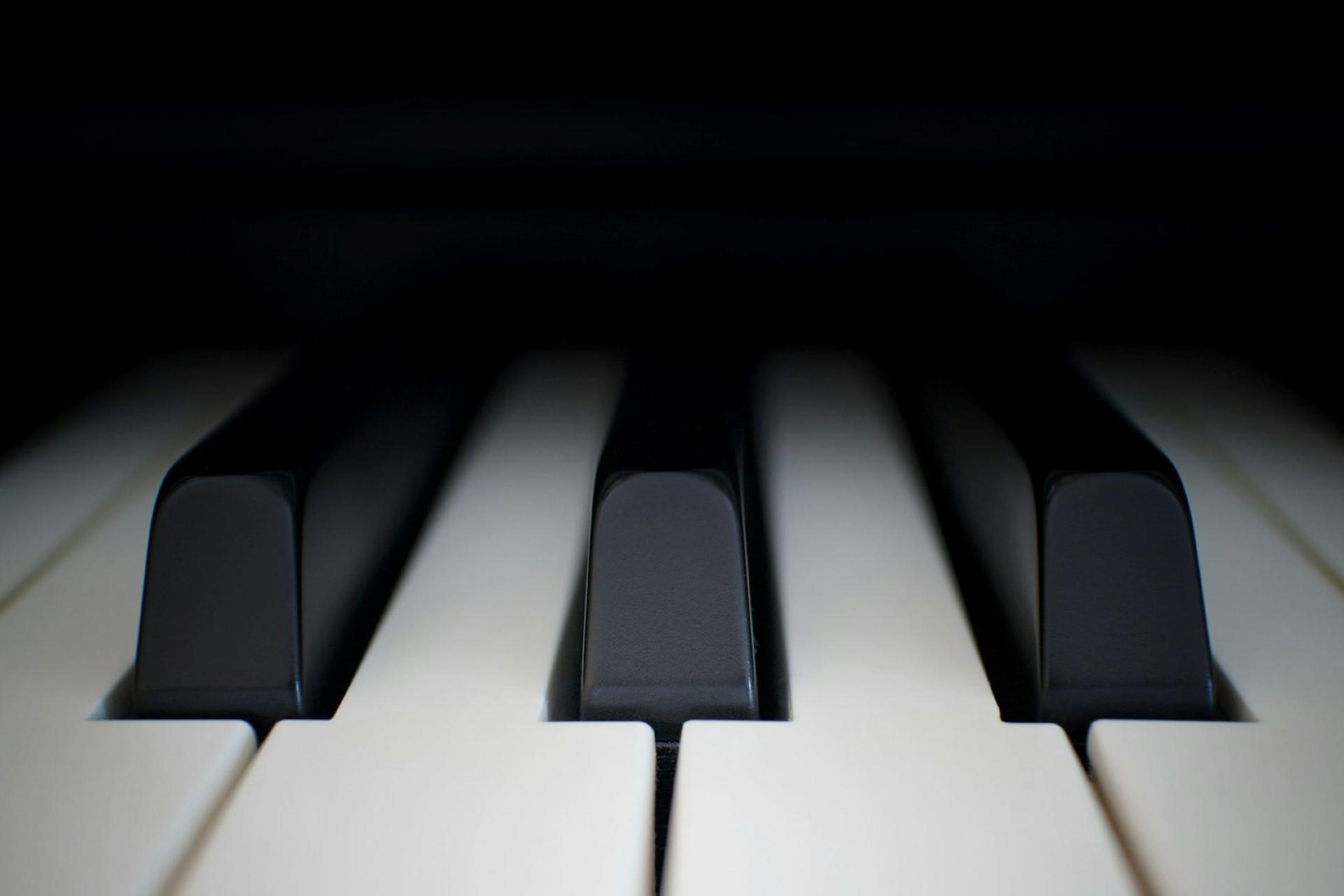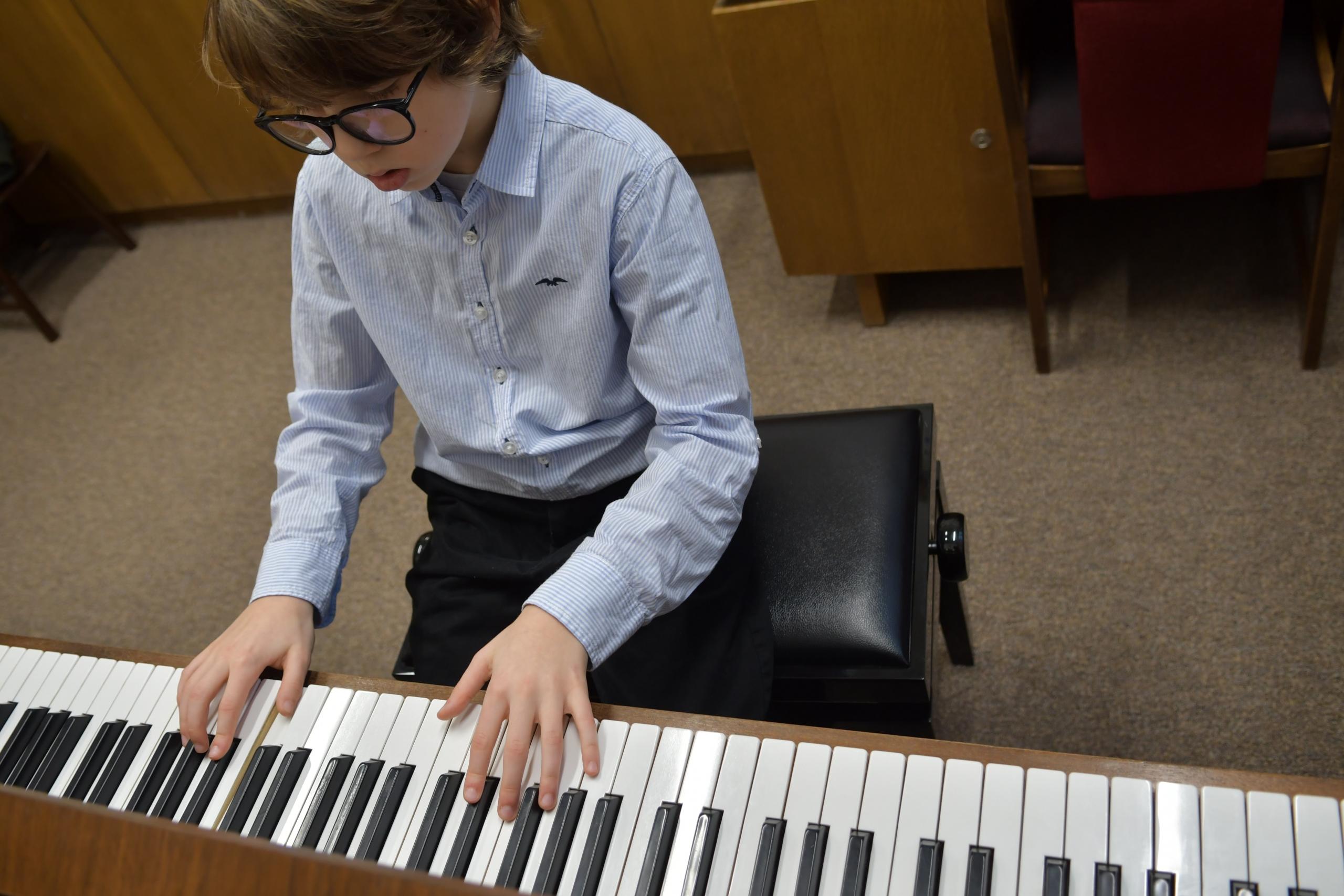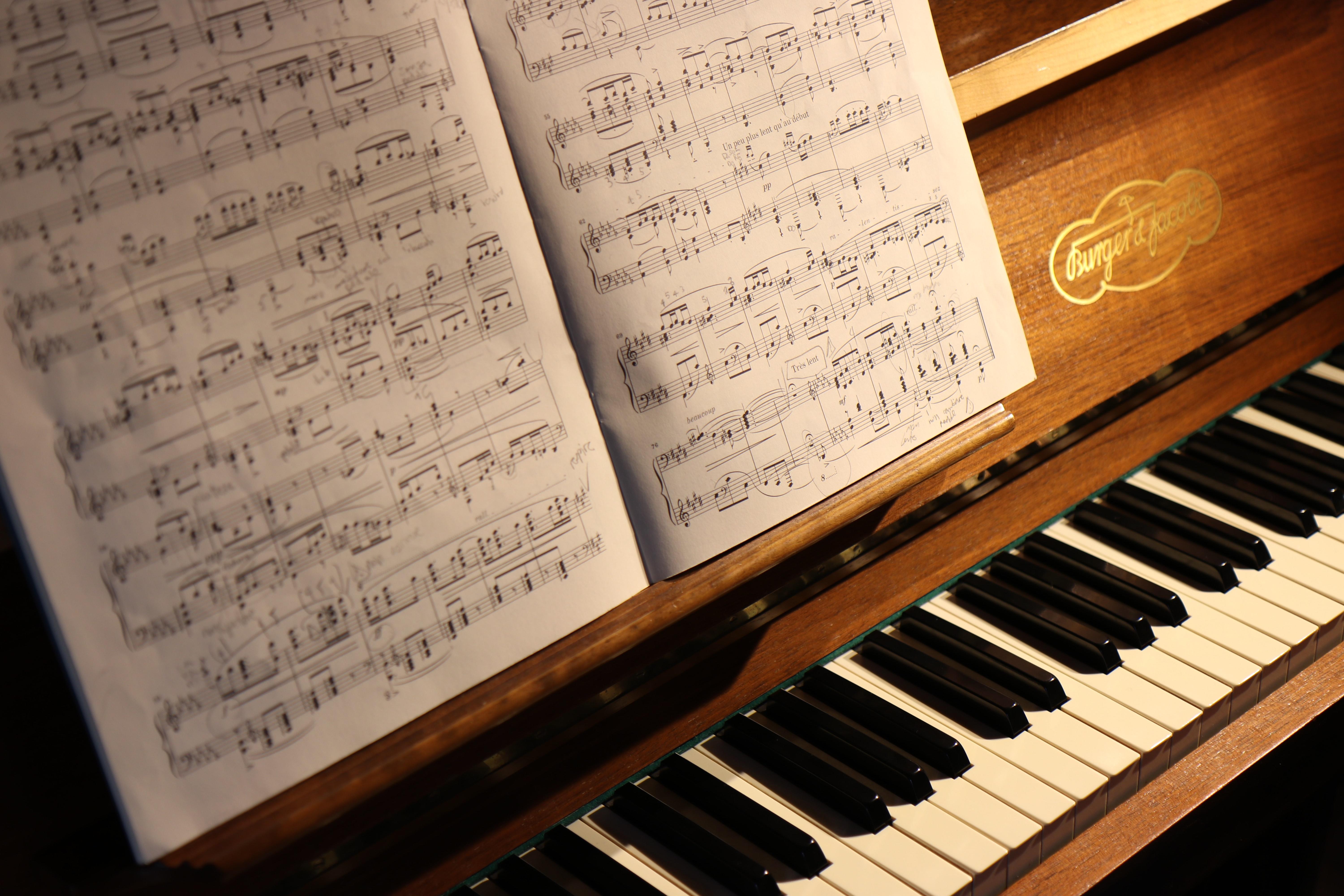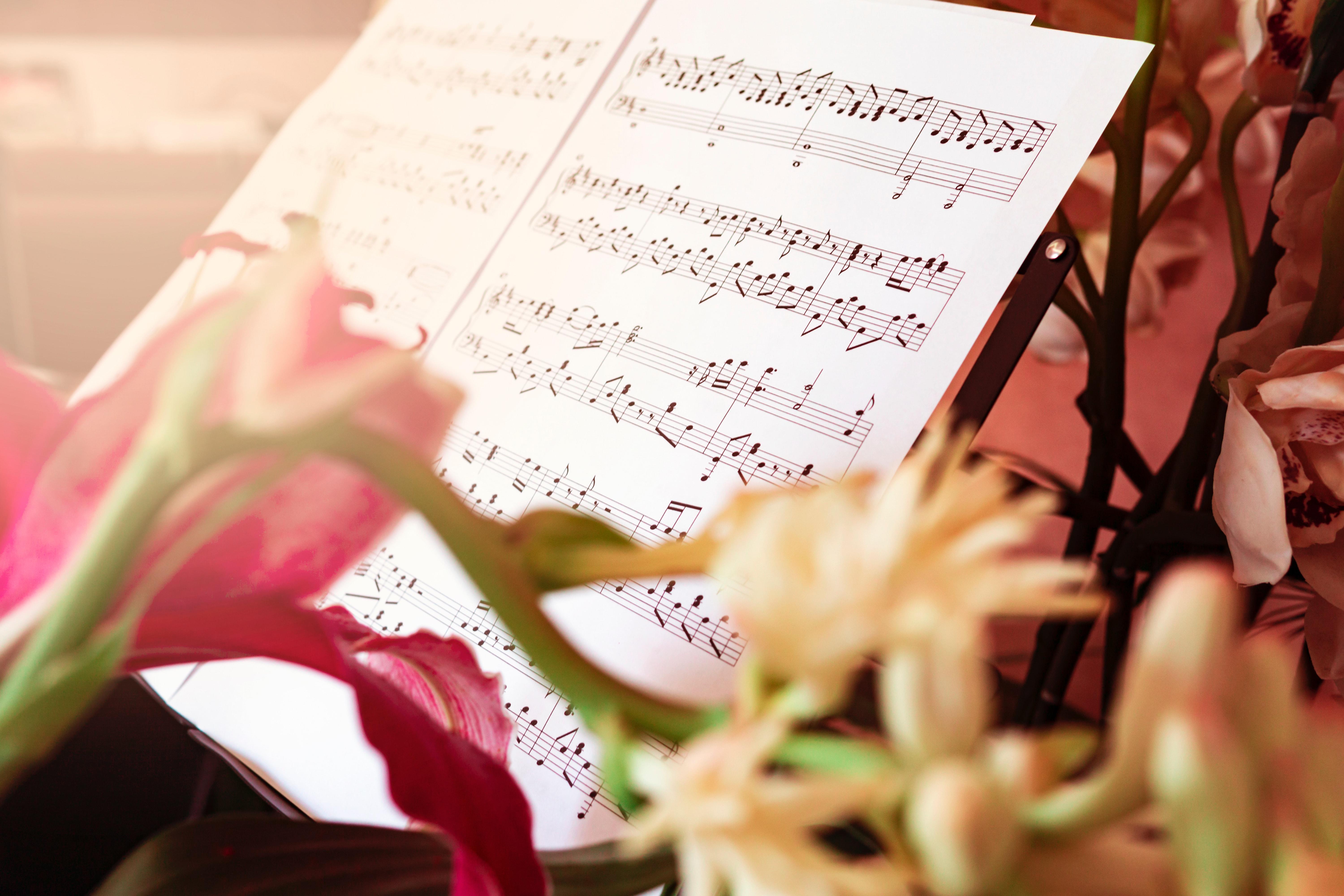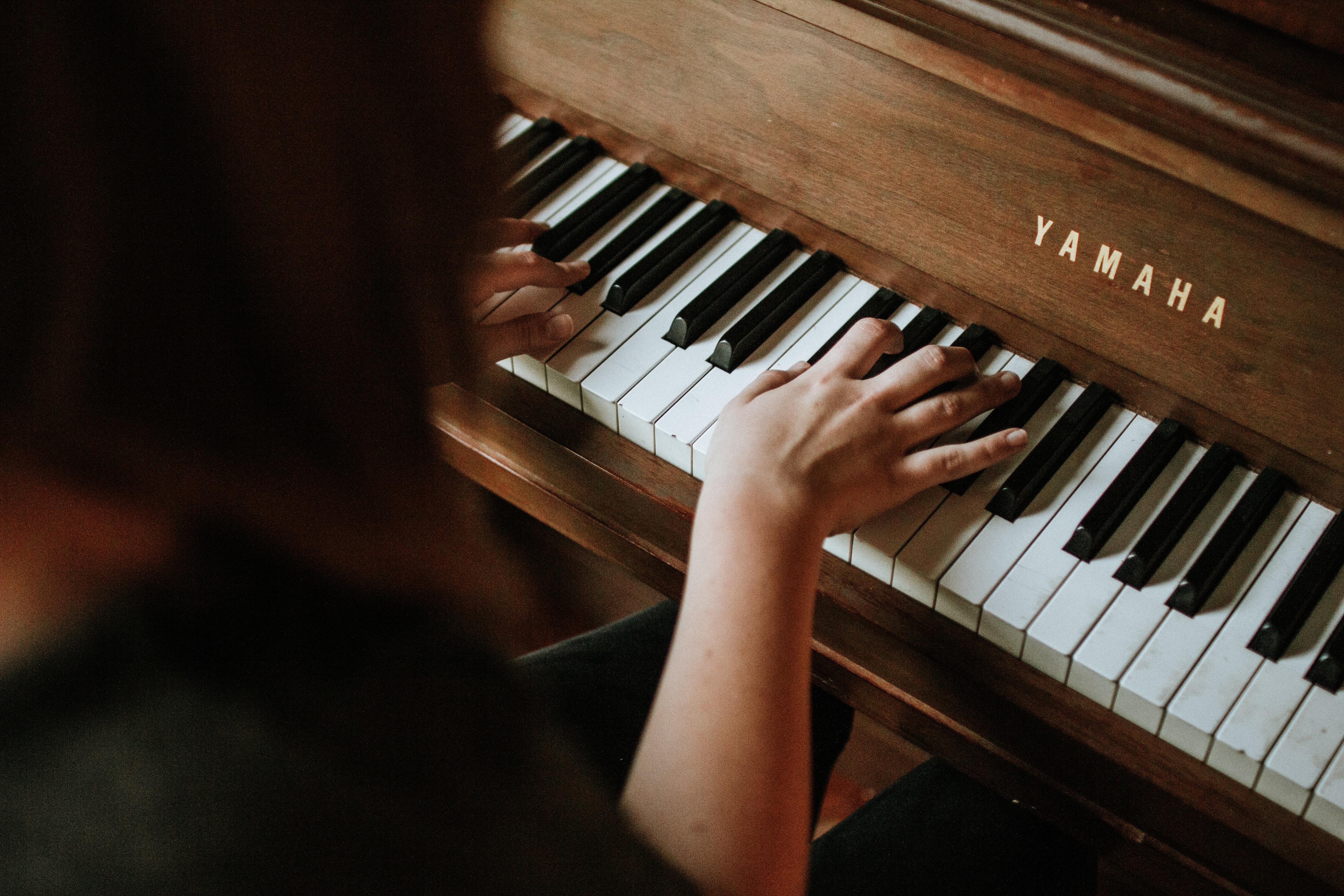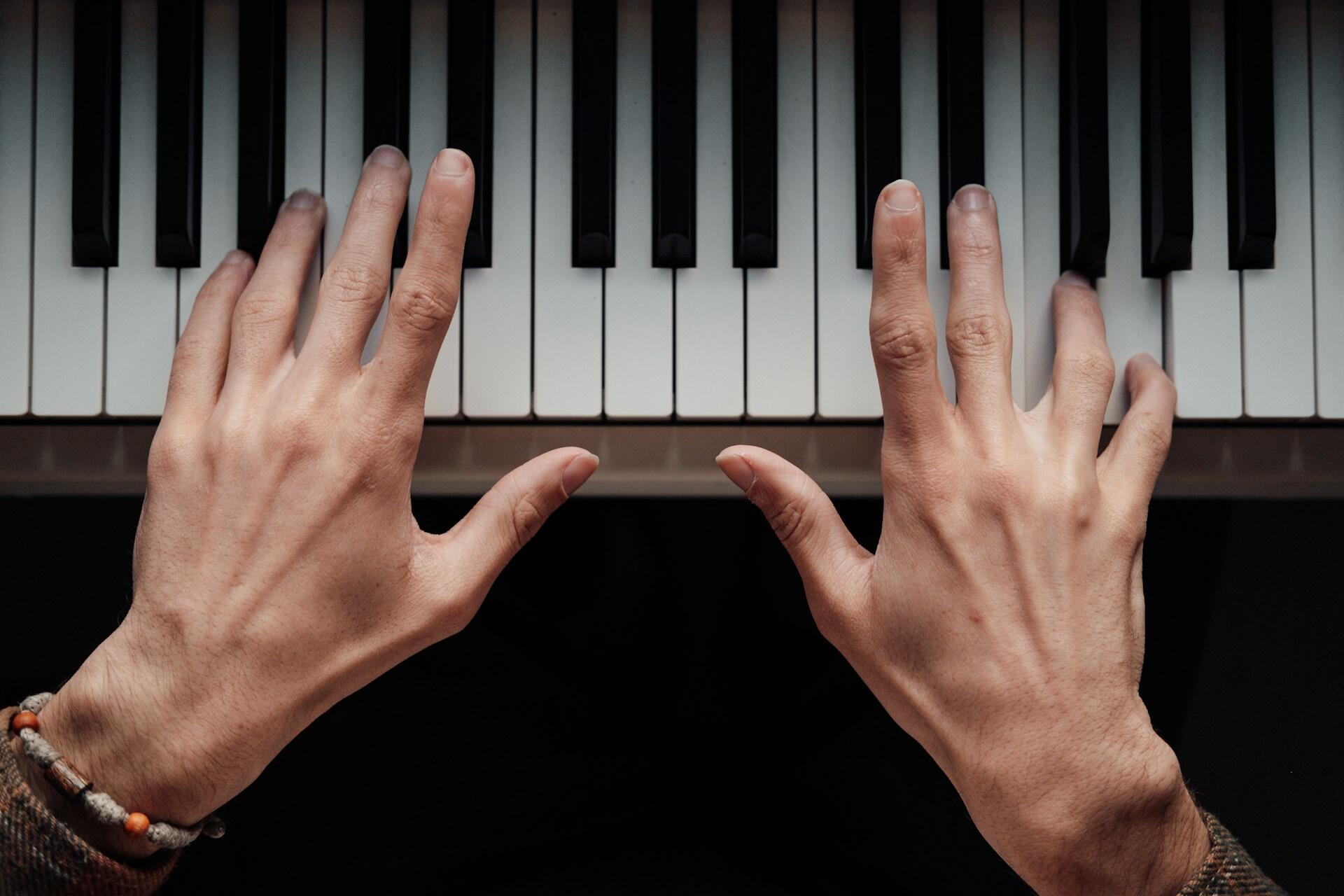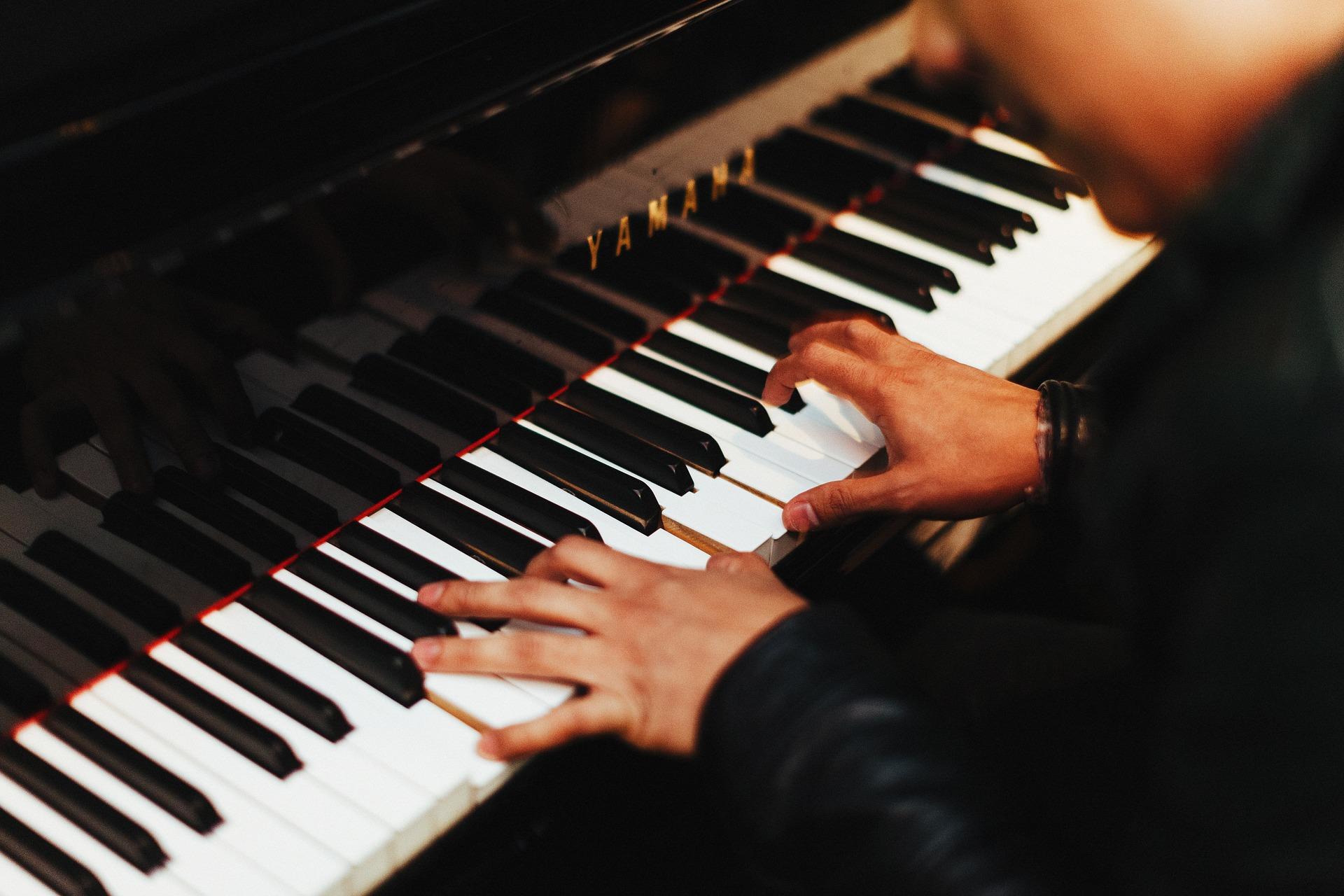Some people love it, some people hate it, but classical music has been around for centuries and still remains popular. It's quite common for people to refer to any old music as classical music, but it's actually far more complicated and interesting than that.
Let's take a look at the history of classical music, the different styles, and where the piano fits into all this.

A Brief History of Classical Music
For some, classical music is usually music performed by an orchestra but doesn't have any lyrics from hundreds of years ago. This is generally the definition used in everyday conversations when people refer to classical music, but in the world of music, there are more specific definitions.
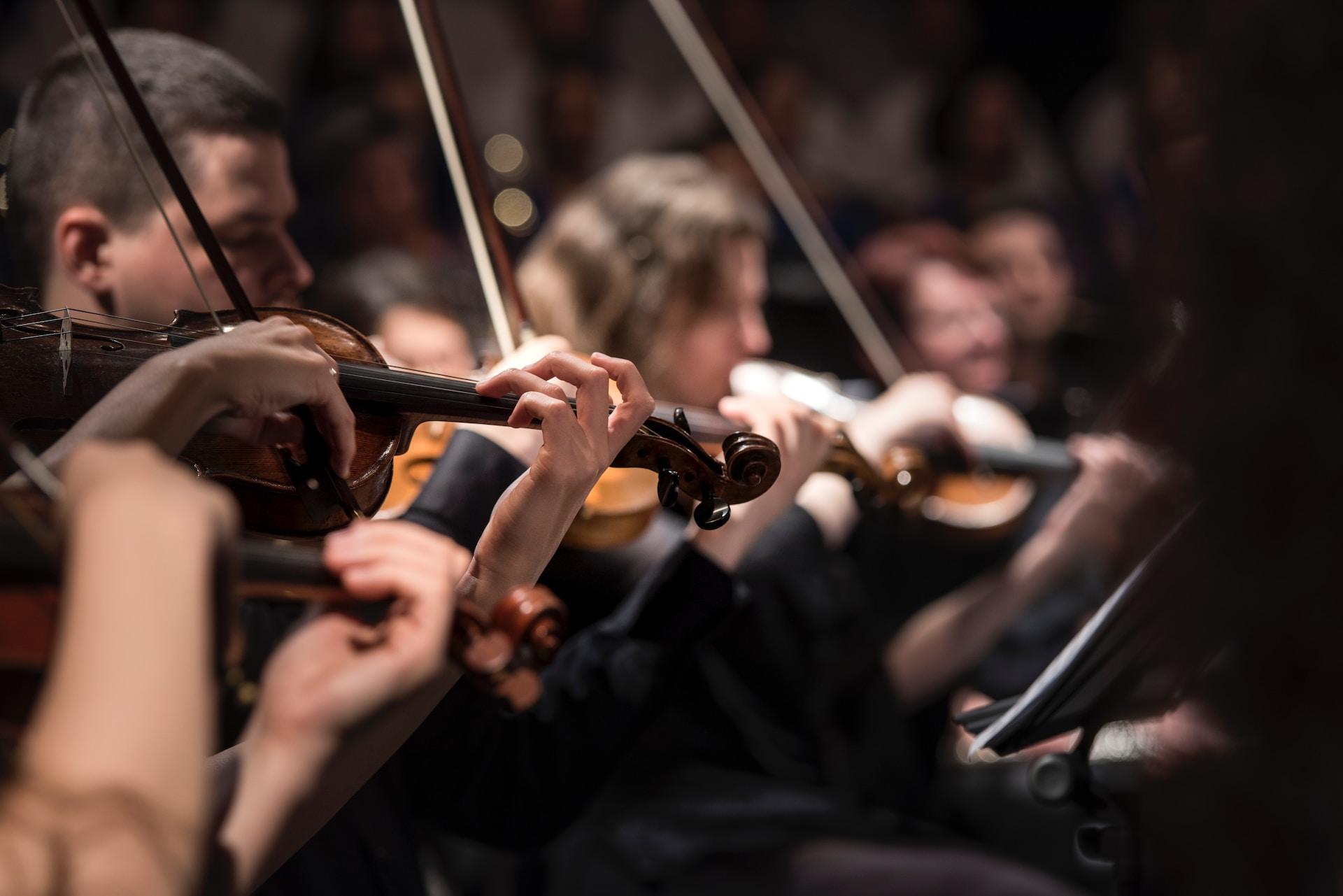
Here, we'll look at both the general definition and the specific definition used by musicians and music historians.
What Exactly Is Classical Music?
Music is to be shared and enjoyed so it doesn't really matter if you call something classical music when it's actually a different or related style. The accurate definition will only really matter when talking to professionals who make this distinction.
So what is the real definition of classical music?
Firstly, there's a specific period in classical music that spans from the late 17th century to the early 19th century known as the Classical era. If the music was composed before or after that, it's probably not classical in the traditional sense but either a precursor or a later related genre.
Classical music is also just Western and mostly European music. There are art music genres from other parts of the world, too, but in the English-speaking world, "classical music" mainly just refers to Western and specifically European genres of music.
What Different Styles of Classical Music Are There?
If you imagine how much contemporary styles of music like pop, rock, hip hop, and rap have all changed in just a matter of decades, you can be sure that classical music changed a lot between the 17th and 19th centuries.
Generally, classical music styles are often referred to by the period within which they were written. The Classical period of classical music is said to have taken place between the mid-18th century and the early 19th century.
When we use the broader definition of classical music, we can also include Medieval music (500-1400), Renaissance music (1400-1600), Baroque music (1600-1750), Romantic music (1820-1910), Impressionist music (the late 19th century to the mid-20th century), and finally, Contemporary or Modern music (from the Late 20th century until today).
These dates aren't set in stone, though, and as you'll know with other styles of music, musicians don't just stop composing music in a certain style at a set date.
You also need to consider the function of the piece as classical music (and all the other related genres) have different types of pieces like symphonies, concertos, sonatas, operas, etc. with different conventions, commonalities, etc.
Ready to start learning how to play classical music on the piano? Find piano classes near me on Superprof!
Why Is Classical Music So Beautiful?
To some, classical music isn't beautiful, but generally, those who love classical music do so because of just how beautiful it is.
If you don't find it beautiful, that's fine. Beauty is subjective, after all, so there are no right or wrong answers. However, a lot of people have spent centuries studying and analyzing music and classical music, in particular, to work out what makes it work.
Here are some of the main reasons people find it so beautiful.
For one, classical music often features a lot of depth and complexity with melodies and harmonies that are often played by several instruments in an orchestra. Classical music is also emotionally complex as pieces tend to be an emotional rollercoaster.
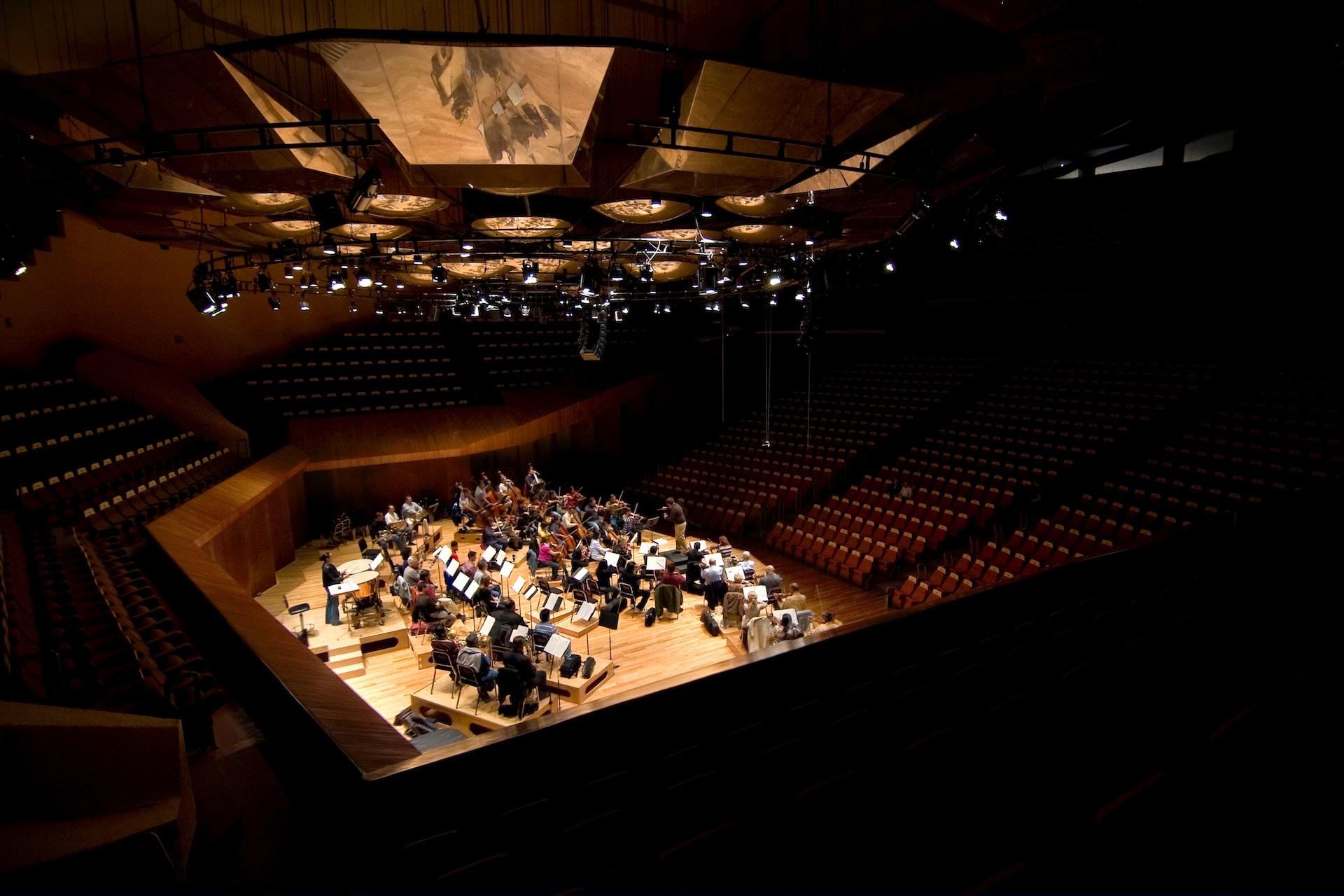
You can't argue that the classical music we know today has stood the test of time. The fact that so many people continue to enjoy and perform pieces from hundreds of years ago is a testament to the quality and appeal of these pieces.
While you don't need to play a musical instrument to enjoy classical music, musicians appreciate the music because it's often technically brilliant and requires gifted musicians to perform it.

Classical Music's Connection to Dance
For those of us who love dancing, one of the main criticisms of classical music is that you can't dance to it. While contemporary music often uses a driving beat to make songs far more "danceable" than classical pieces, classical music and dance have been connected in many significant ways for centuries.
Once you start to look into classical music, you'll discover that most of the popular styles of classical music are pieces that were written specifically to be danced to either socially or as part of a performance to be watched by an audience. Classical music is connected to dancing in many significant ways.
Ballet, for example, is probably the most popular use of classical music for dancing. While this is more a dance performance than music for the audience to dance to, the classical music that accompanies a ballet helps carry the emotion of the piece and even the narrative.
When you listen to a piece with a 3/4 time signature (3 beats to the bar, that is to say), you can say that it's in Waltz time. While Waltz music certainly doesn't claim complete ownership of this time signature, the term "Waltz" refers to both the music and the dance.
Then there are minuets and dance suites. These were common during the Baroque and Classical periods in ballrooms across Europe where aristocratic couples would dance together.
The Piano in Classical Music
The piano is one of the world's most popular musical instruments and without it, classical music would sound very different. In fact, the history of the piano and classical music are almost one and the same.
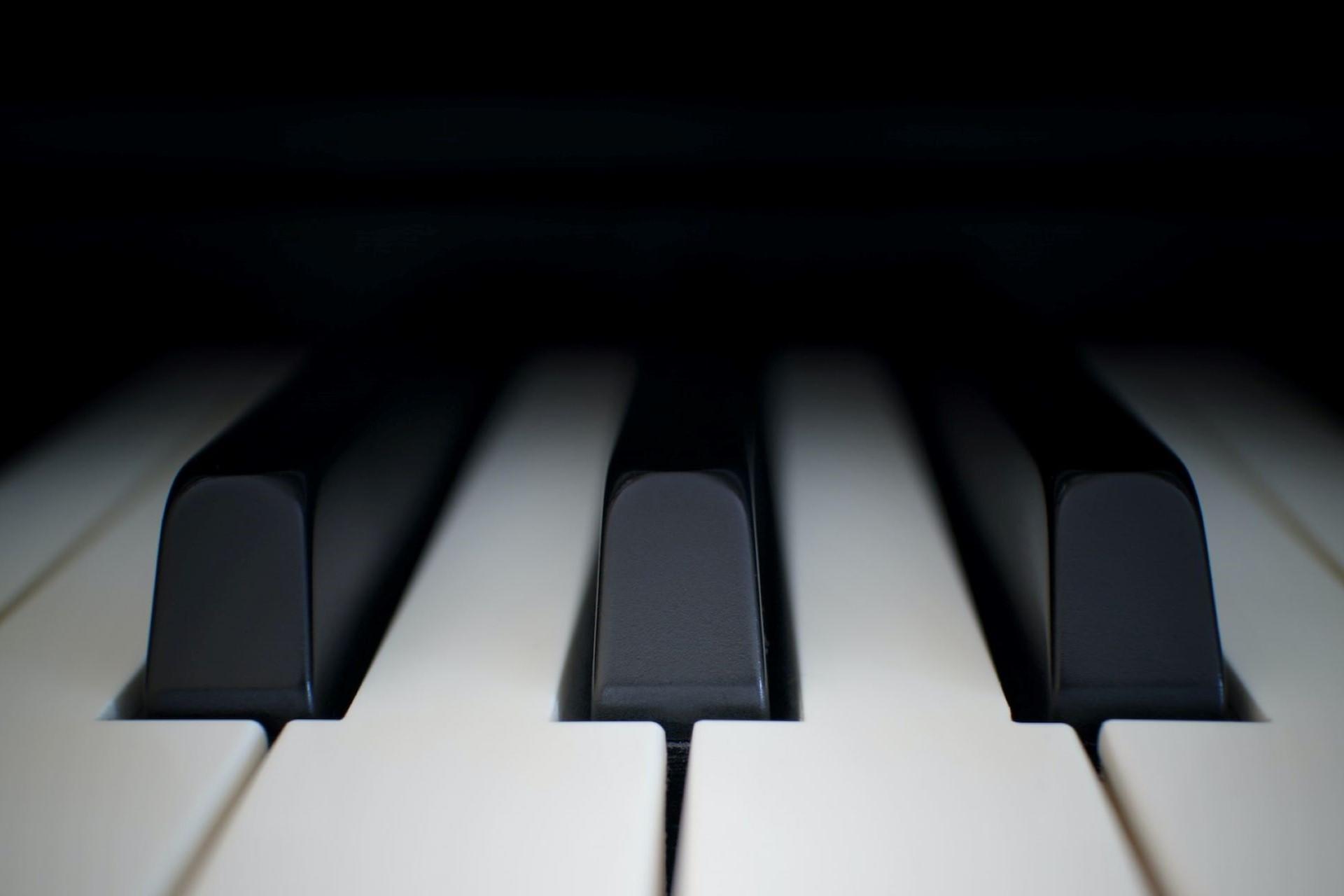
Naturally, there are classical music pieces that don't feature the piano, but there are also so many pieces that do feature it and many composers would write for the piano and masterfully play it, too.
There were instruments with keyboards before the piano like the harpsichord and the clavichord, but because of the way a piano's keyboard works, you can control the volume and how you express yourself when you play.
Famous composers including Mozart, Beethoven, and Haydn, for example, incorporated the piano into many of their works both alongside other instruments and on its own.
Other composers like Chopin, Liszt, and Rachmaninoff also created incredible piano compositions that beautifully showcased their abilities as composers and as pianists.
Both in contemporary classical music (modern music that imitates the styles and forms of classical music) and other contemporary musical genres, the piano still remains one of the most popular instruments and you can hear it in pop, rock, hip-hop, and jazz.
Begin learning today with a professional tutor in piano classes near me.
The World's Most Famous Classical Pianists
When it comes to classical music, a lot of the greatest pianists are also composers who regularly included the piano in their works and were required to play it, often as they composed music.
To ensure that the pianists featured in this list aren't also the greatest classical composers (there's a lot of overlap), these are just some of the greatest pianists alive today.
- Alfred Brendel
- Daniel Barenboim
- Lang Lang
- Leif Ove Andsnes
- Maria Joao Pires
- Martha Argerich
- Maurizio Pollini
- Murray Perahia
- Stephen Hough
- Vladimir Ashkenazy
The Most Famous Piano Composers
Though many of the greatest piano composers could be included in the list of pianists because many of them were both composers and piano virtuosos, we're just going to include those who are famous for the works they composed for the piano, even if pretty much all of them were also known for their incredible playing.
We've put them in alphabetical order because we don't want to upset anyone by putting their favorite piano composer lower than they feel is necessary.
Naturally, there are plenty of others that we could have also included, but if you're new to classical music or piano music, you'd do well to listen to the works of some of these amazing composers for the piano.
- Béla Bartók
- Claude Debussy
- Franz Liszt
- Frédéric Chopin
- Johann Sebastian Bach
- Johannes Brahms
- Ludwig van Beethoven
- Maurice Ravel
- Sergei Rachmaninoff
- Wolfgang Amadeus Mozart
How to Start Playing Classical Music
The piano is not only one of the best musical instruments for people interested in playing classical music, but it's also a great instrument to have on hand when composing music.

It isn't the only instrument you can learn to play classical music, but it's arguably the most versatile and the one that most people are interested in learning how to play.
The guitar is still the most popular instrument for children to learn, but the piano or keyboard remains in second place ahead of drums, violin, trumpet, flute, or percussion.
Learning to Play the Piano
If you want to start learning to play the piano, you can either teach yourself or look for lessons. You should be aware that it can take a couple of years of practicing an hour each day just to become an intermediate piano player.
For classical music, piano lessons are often essential. Whether you get these from a piano teacher at a music school or a piano instructor, is up to you, but make sure you look at the cost and opt for classes that are affordable in the long term as you'll be getting them for a while
Summarize with AI:
















